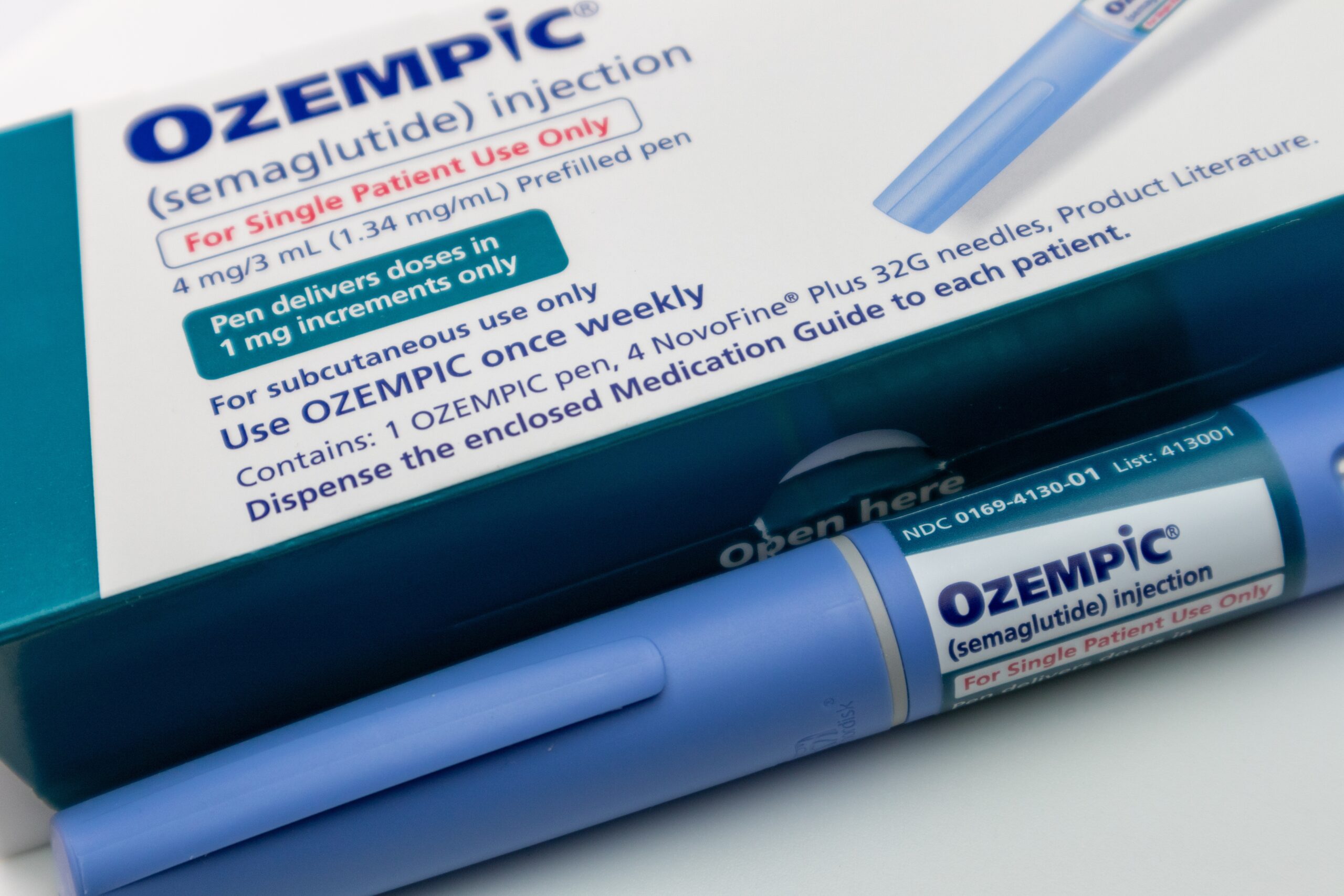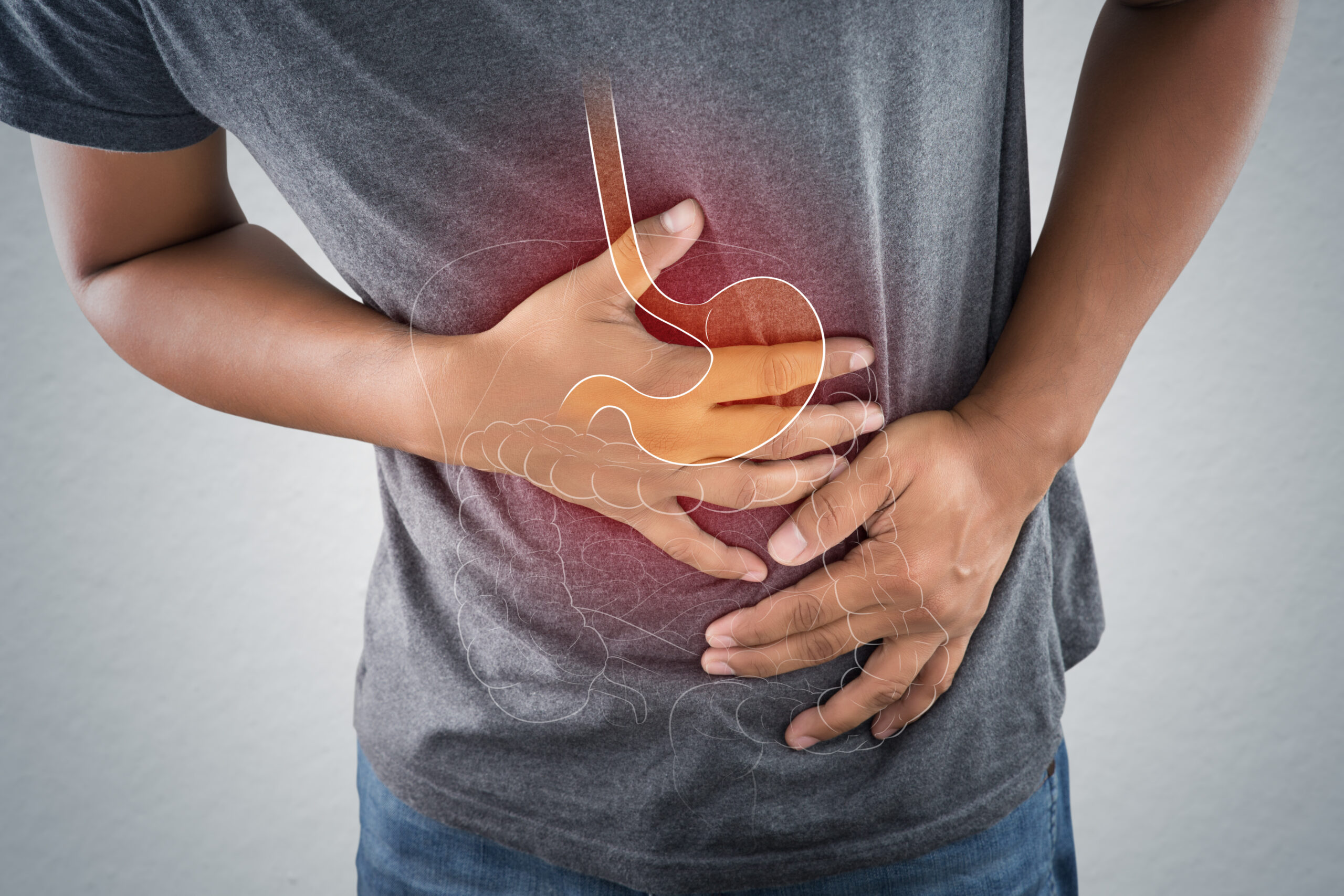What if the drugs reshaping America’s waistlines could also rewrite the cravings in our brains, blurring the line between weight loss and addiction recovery?
Story Snapshot
- Emerging research suggests GLP-1 weight-loss drugs may decrease addictive behaviors beyond food.
- Scientists are exploring how these drugs interact with brain reward circuits linked to substance abuse.
- Early clinical results indicate drops in alcohol, opioid, and nicotine use among patients.
- Implications challenge traditional approaches to addiction treatment and public health policy.
Weight-Loss Drugs Unexpectedly Target Addiction
GLP-1 drugs, originally intended to help diabetics and those battling obesity, are showing promise in curbing more than just caloric intake. Researchers have discovered that these medications, which manipulate hormones to signal fullness, also interact directly with the brain’s reward system. As a result, individuals prescribed drugs like Ozempic are reporting not only diminished appetites but also a surprising drop in cravings for alcohol, nicotine, and even opioids. This unexpected bonus is fueling a new wave of studies aiming to decode the drug’s broader effects on compulsive behaviors.
Watch: Weight-loss drugs studied for potential impact on addiction
Preliminary trials paint an intriguing picture: participants who previously struggled with substance use disorders experienced lower rates of drinking, smoking, and drug-seeking behavior after starting GLP-1 therapy. Some clinicians now wonder whether these drugs could transform addiction treatments, which have long relied on psychological interventions or substitute medications. By tapping into the brain’s own reward circuits, GLP-1 drugs might offer a shortcut—directly quieting the neural pathways that power compulsive consumption.
Weight-loss drugs like Ozempic may also curb drug and alcohol addiction https://t.co/WLSnBDkrV4
— Zicutake USA Comment (@Zicutake) October 26, 2025
Scientific Evidence Links Hormones to Craving Control
GLP-1 (glucagon-like peptide-1) agonists operate at the intersection of metabolism and neurology. Traditionally, these drugs help regulate blood sugar and stifle hunger by mimicking a hormone released in the gut after eating. However, recent animal studies and human trials have revealed that GLP-1 receptors are also present in the brain, especially in areas tied to reward and pleasure. This discovery shed light on why patients using the medications sometimes report a sudden disinterest in previously addictive substances, from cigarettes to cocktails.
Implications for Addiction Treatment and Public Health
Potential ripple effects stretch far beyond individual patients. If GLP-1 drugs reliably curb addictive behaviors, they could reshape strategies for combating America’s twin crises of obesity and substance abuse. Policymakers may need to reconsider which therapies are covered by insurance—and which populations stand to benefit the most. Health systems might see lower rates of hospitalizations for alcohol poisoning, overdoses, or complications from smoking-related illnesses, all while treating metabolic disorders with the same prescription pad.
Sources:
https://www.sciencedaily.com/releases/2025/10/251026021746.htm








